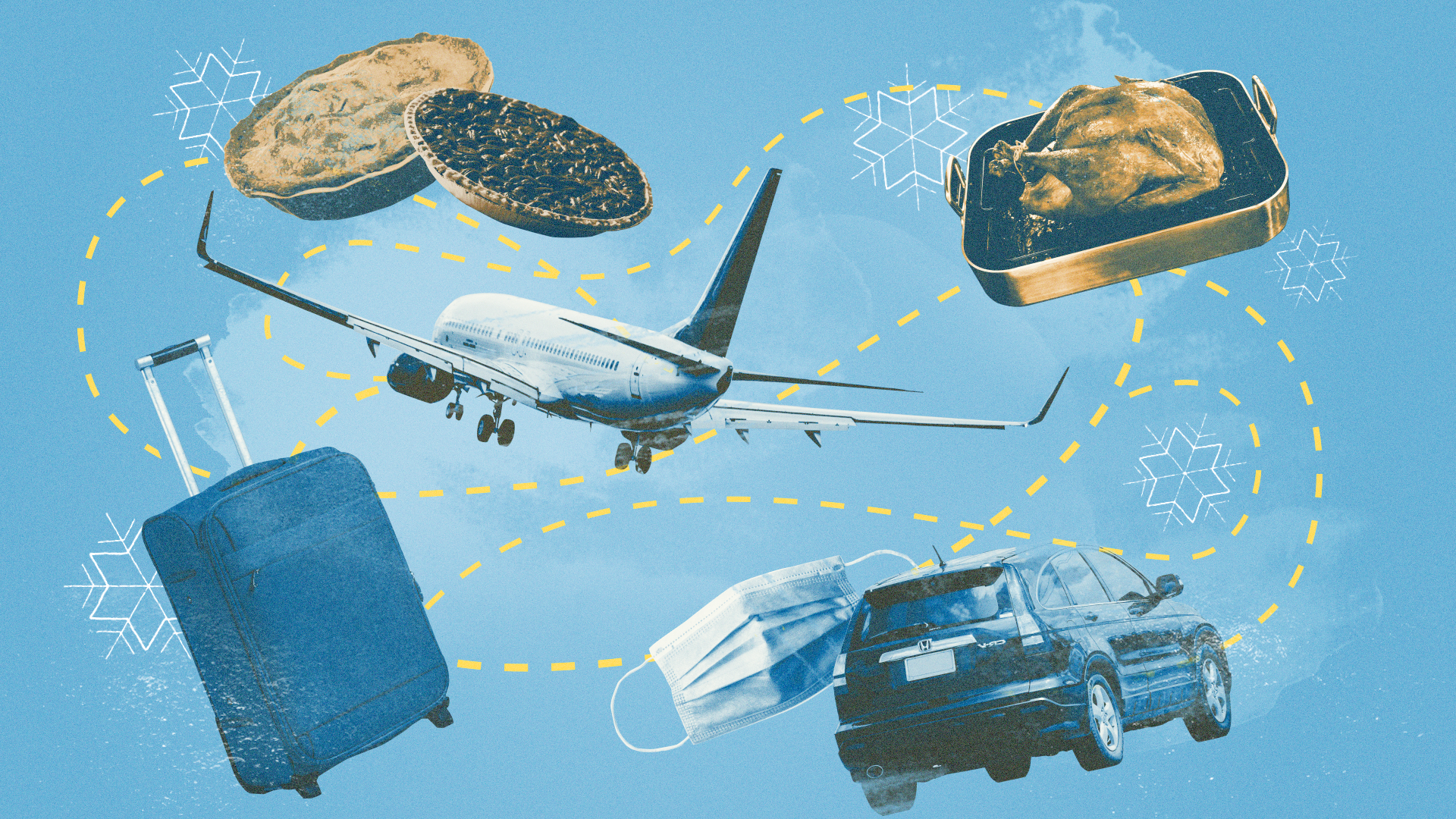


As a primary step in preparing any journey abroad, check the Travel Advisories for your designated location. You can see the world at a glance on our color-coded map. Note that conditions can change quickly in a nation at any time. To receive upgraded Travel Advisories and Alerts, select the method that works finest for you at travel.
From colonial bed and breakfasts in New England to stagecoach stops from the Old West, the United States has plenty of captivating historical locations to spend the night.

The word travel has come to exemplify a common spelling dilemma: to double or not to double the last consonant of a verb prior to including the ending that forms the previous tense (ed) or the ending that forms the present-participle (ing.) We see it done both wayssometimes with the same word (travel, took a trip, taking a trip; travel, took a trip, taking a trip ).
However as writers, we require to know simply when we must double that last consonant and when we ought to not. Because American practice differs a little from British practice, there is nobody answer. But there are well-established conventions. In American writing, when you have a one-syllable verb that ends with a single vowel followed by a single consonant, and you desire to include a regular inflectional ending that starts with a vowel, you double that final consonant before adding -ed or -ing: stop, stopped, stopping; flag, flagged, flagging.
If that syllable is not stressed out, there is no doubling of the final consonant: gallop, galloped, galloping; travel, took a trip, traveling. British spelling conventions are comparable. They deviate from American practices only when the verb ends with a single vowel followed by an l. Because case, no matter the tension pattern, the final l gets doubled.
However it also has travel, travelled, travelling and cancel, cancelled, cancelling, because in the context of British composing the verb's last l, not its stress pattern, is the figuring out aspect. Verbs ending in other consonants have the same doubling patterns that they would have in American writing. An outlier on both sides of the Atlantic is the small group of verbs ending in -ic and one lonesome -ac verb.